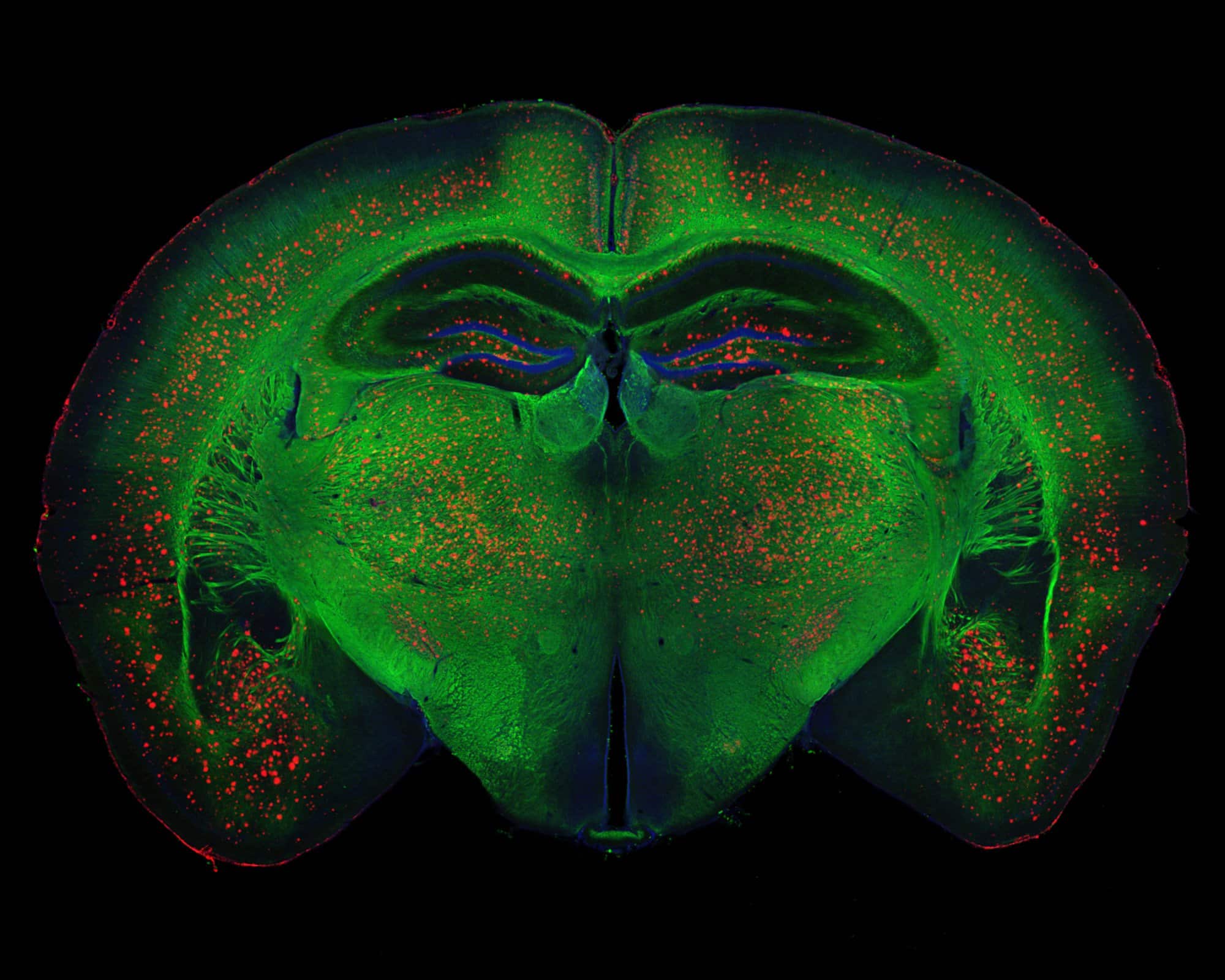Molecule Discovered Targets Inflammatory Implicated In Cancer
A decade long study has finally borne fruit- a new molecule developed by scientists at the University Of Manchester has demonstrated reversal of memory loss and brain inflammation in a model of Alzheimer’s disease.
Inflammation is our body’s response to infection and injury and it is generally beneficial promoting resistance, repair and recovery. However, when the process of inflammation is not controlled properly it becomes damaging which is what happens during chronic conditions such as Alzheimer’s disease.
The team has developed a chemical compound- mefenamic acid that is able to block a key component of inflammatory response implicated in many cancers, Alzheimer’s and cardiovascular diseases.
“It’s a tremendous starting point for a new generation of molecules which can be developed to target inflammatory disease,” said one of the researchers Sally Freeman.
“Our new molecules specifically hit an important inflammatory mechanism that occurs in disease,” David Brough said. The Manchester team used powerful biological and chemical methods to generate new and effective molecules which can now be further developed and tested.
NLRP3 is a receptor important for host responses to infection, yet is also known to contribute to devastating diseases such as Alzheimer’s disease, diabetes
, atherosclerosis, and others, making inhibitors for NLRP3 sought after. One of the inhibitors currently in use is 2-aminoethoxy diphenylborinate (2APB). Unfortunately, in addition to inhibiting NLRP3, 2APB also displays non-selective effects on cellular Ca2+ homeostasis.Therefore, the researchers in the course of the investigation, used 2APB as a chemical scaffold to build a series of inhibitors, the NBC series, which inhibit the NLRP3 inflammasome in vitro and in vivo without affecting Ca2+ homeostasis.
“The discovery of these new compounds is really exciting and will allow us to further understand inflammation and disease,” Brough said. “It is becoming clear that inflammation is directly involved in many diseases and this is an exciting step towards specifically targeting harmful inflammation,” post-doctoral researcher Jack Rivers-Auty said.






























